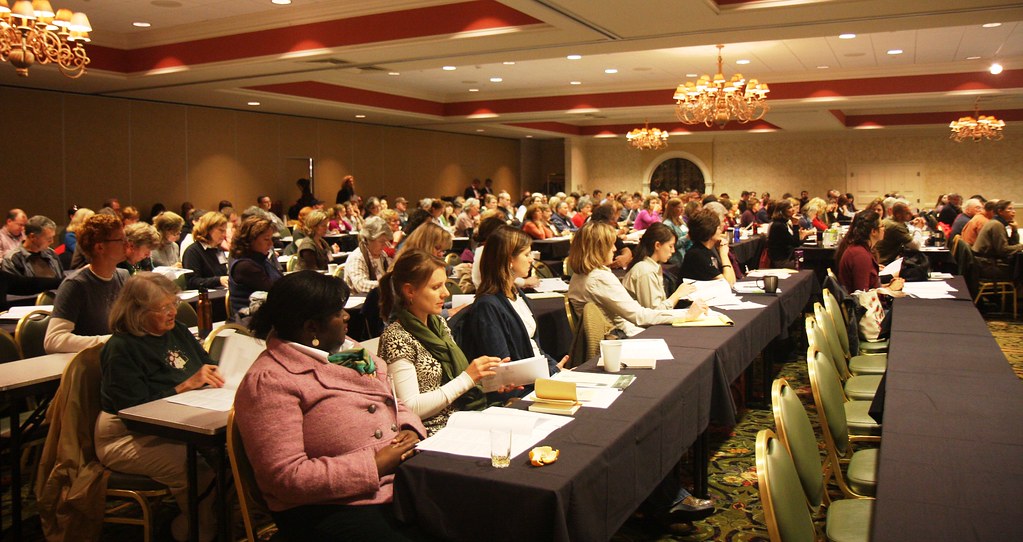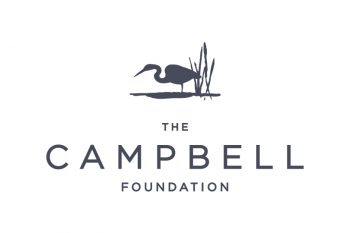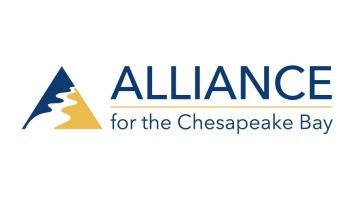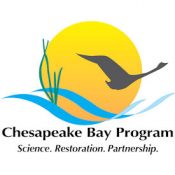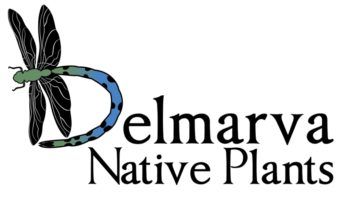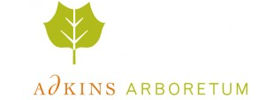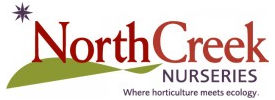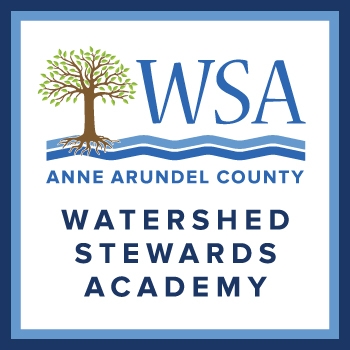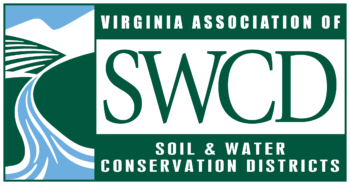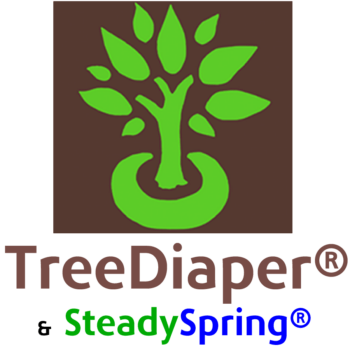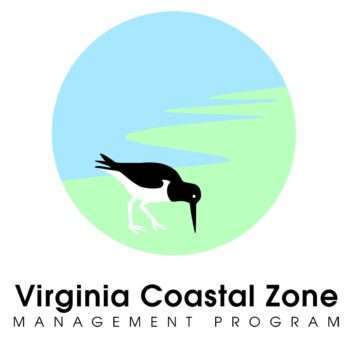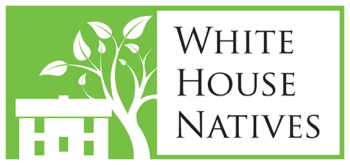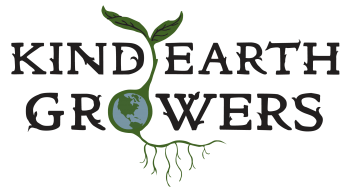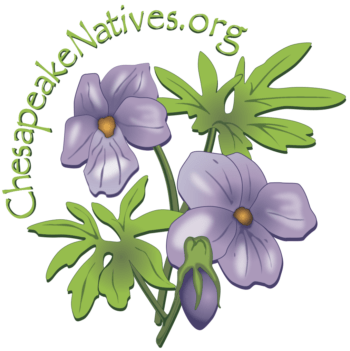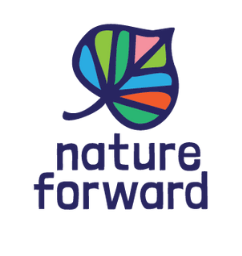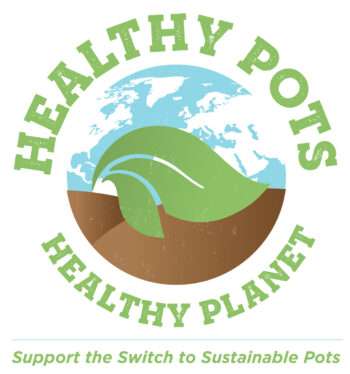The Chesapeake Conservation Landscaping Council (CCLC) held its 10th Turning a New Leaf sustainable landscaping conference from December 6th – December 8th, 2023 in Kent Island, MD. Conference highlights: presentations by Black horticulture historian, Abra Lee, and pollinator conservationist, Heather Holm. Concurrent sessions in three tracks: Resilient Landscapes, Resilient Communities, Resilient Plants and Soils will include a wide range of topics from plant selection and landscape design through a cultural heritage lens, to urban forestry, green infrastructure, and carbon capture in grasslands.
The 2023 Marcy Damon Conservation Landscaping Award winner is Sylvan Kaufman. Sylvan Kaufman consults, writes and teaches about ecology, botany, sustainable landscaping, and restoration topics. Sylvan co-authored “Invasive Plants, Guide to Identification and the Impacts and Control of Common North American Species” published by Stackpole Books with a new edition in 2023. She taught as an adjunct professor for George Washington University’s Sustainable Landscapes Program, worked as the curator and land manager at Adkins Arboretum in Ridgely, MD, and as a postdoctoral researcher on invasive plant and climate change projects at Harvard University. She was one of the founding members of the Chesapeake Conservation Landscaping Council. She has a B.A. in Biology from Vassar College and a Ph.D. in Ecology and Evolutionary Biology from Rutgers University. Sylvan now lives in New Mexico where she is the Conservation Committee Chair for the Native Plant Society of New Mexico, is active with the Santa Fe Native Plant Project as a Master Gardener, and volunteers with the Santa Fe Botanical Garden.
December 6, 2023
Pre-Conference Dinner
December 6, 2023
Presentation of the Marcy Damon Award. Guest Speaker Joel Dunn, Chesapeake Conservancy . Dinner includes cocktail hour, appetizers, and full dinner, plus cash bar.
Pre-Conference Short Session for Certified Pros :Stormwater for Poets & Philosophers
December 6, 2023
No longer the sole purview of the engineering profession, stormwater management is about landscapes, resiliency, community-building, jobs, and, yes, clean water. The engineers have worked out the equations, but many who are curious about stormwater management still view these principles as an impenetrable black box. Stormwater Management for Poets and Philosophers will peel away the curtain and invite you in to a new understanding of the principles and practices of stormwater planning and design. Guest Dave Hirschman
December 7, 2023
Keynote Speaker: The Invincible Garden Ladies:
Abra Lee: Oakland Cemetery, Directory of Horticulture.
It was nothing short of a grand affair when Blanche Hurston launched her Florida floral business during the roaring twenties. And when it came time to sell beautiful blooms, the mighty Mahalia Jackson made customers an offer they couldn’t refuse! From the ordinary to the extraordinary–join in as we shine the spotlight on these lady legends in horticulture who forged a path to economic and social freedom, providing inspiration for plant lovers today.
Session 1:
Successful Meadow Restorations:
Matt Bright: Earth Sangha, Executive Director
Owen Williams: Native Meadows, LLC, Founding Owner
Matt Bright and Owen Willams will discuss successful restoration and creation of native meadows. They have collaborated on restoration of meadow habitat on public lands and both operate organizations aimed at improving ecological function and aesthetics on both public and private lands. Working to establish meadows –whether primarily from seed or seedlings –requires a keen understanding of native plants, the site conditions, and the kinds of care required after installation. With a focus on creating durable and resilient landscapes, Matt and Owen will share their lessons learned and practices and species they’ve found to be successful in the field.
Resilient Communities = Yes, In My Back (And Front!) Yard!
Nancy Lawson: The Humane Gardener
It happens too often and in too many communities around the country: Environmentally conscious homeowners take the important step of converting their lawns to native plants, only to be reprimanded by their homeowners association or cited by municipal code enforcers for growing “weeds,” leaving stalks up for birds, or refusing to use pesticides. But even in an HOA, wildlife-friendly landscaping doesn’t have to be DOA. A recent landmark case in Maryland led to passage of a state law codifying wildlife-friendly gardens, sparking similar efforts in HOAs, towns and counties across the nation. This presentation will discuss preemptive strategies and effective responses when making cases for conservation landscaping; simple tips for converting landscapes into spaces that will please both humans and wild neighbors; and ideas for working with intractable HOA boards and municipal code enforcement inspectors.
Resilient Plants and Soils = Urban Trees and Social Justice
Dexter Locke: USDA Forest Service, Northern Research Statin, Research Geographer
One of the best-studied relationships in urban ecology is the tree canopy cover-income association: Higher income areas tend to have more tree canopy cover. But trees do not grow instantaneously. By looking at *historic* social inequality we are better able to understand the spatial distribution of urban tree canopy today. This talk shares the results from four different projects on the practice of redlining and the associations with tree canopy, street tree diversity, and citizen science efforts today.
Session 2
Native Grasses and Sedges: Smart Choices for Better Landscapes
Shannon Currey: Izel Plants, Education and Outreach
Looking for strategies to boost your landscape’s ecological impact? Join us for a look at plant-based solutions to common landscape challenges. Rather than oceans of mulch and vast expanses of turf, use native grasses and sedges to add biodiversity and increase resilience. These extraordinary plants help preserve and build the soil, out-compete weeds, and offer a host of ecosystem benefits. From low-key groundcover to seasonal superstar, their varied habits and unique aesthetic qualities make them essential for looks as well. Discover how greener grasses help build better landscapes and communities.
Landscapes of Origin: Cultivating Your Design Purpose
Jeanette Ankoma-Sey: Landscape Architect
Adele Kuo: Deco Footprint, Owner
We readily bring our educational and professional experiences to the table as designers. How often do we utilize and bring our own cultural experiences as inspiration to our practice style and goals?Jeanette will reflect on her West African Ghanaian heritage, rituals, traditions, and memories and how they continually influence and shape her design approach, vision and methodology as a horticulturist, landscape architect and lecturer.This session will highlight the importance of cultural heritage and origin as an important reference tool in creating spaces and in landscape design.
Bay Region Grower Panel
Jim MacKenzie: Octoraro Native Plant Nursery, President
Mark Fiely: Ernst Conservation Seeds, Horticulturist
Eric Sours: White House Natives, Nursery Manager
Moderator-David Hirschman:Hirschman Water and Environment
As the popularity and demand for native plants is increasing, it can be challenging to understand how, where, and when to source the plants and/or seed mixes you need for projects. David Hirschman will moderate this discussion with several growers and suppliers from across the Bay region to explore topics such as plant sourcing and availability, species selection, local ecotypes, contract growing, and how to build a collaborative relationship with growers and suppliers.
Session 3
The Invasive Spotted Lanternfly: What Have We Learned?
Emilie Schwackhamer: Penn State Extension Montgomery County, Extension Educator
Lycorma delicatula, commonly known as the spotted lanternfly, threatens many important plants including grapes and trees. They also create a nuisance in residential landscapes. This presentation will describe the situation that has been unfolding as the SLF range has expanded in PA and other states. This talk will focus on biology and behavior to help attendees know what to watch out for. You will also hear about management options, regulations in place to slow the spread, and a summary of some of the research that is taking place.
GI Workforce Development for Returning Citizens—Challenges & Opportunities
Vanessa Bright: Maryland Reentry Resource Center
Ms. Bright will discuss our initiative to introduce formerly incarcerated individuals to career opportunities in Bay Restoration.
Enhancing Urban Forest Resilience Through Climate Adaptation Practices
Kasey Yturralde:Urban Forestry Division, District Department of Transportation -Forest Health and Community Outreach Specialist
Urban trees make our cities livable in a changing climate, cooling our neighborhoods, reducing stormwater, and absorbing pollution. However, trees themselves are susceptible to climate change impacts such as drought, excessive heat, and extreme storms. In Washington DC, Urban Forestry Division is working with partners to better understand and address climate vulnerability of the District’s urban forest. This talk will cover the resources and tools Urban Forestry Division has used to enhance resilience of the urban forest and discuss progress in implementing adaptation practices.
Session 4
Resilient Landscapes = Naturally Better Landscaping for HOAs
Jenny Houghton:Adkins Arboretum, Assistant Director
Darran Tilghman:ShoreRivers, Director of Community Engagement
In 2023, Adkins Arboretum and ShoreRivers partnered to provide local Homeowners Associations with a deeper understanding of ecology, the importance of native plants, and recent legislation that prohibits restrictions on low-impact landscaping techniques. Funded by a Chesapeake Bay Outreach grant,the “Naturally Better Landscaping” project ultimately inspired four HOAs–three in Queen Anne’s and one in Talbot Counties–to take action to support biodiversity, native wildlife, and water quality. Join Jenny Houghton and Darran Tilghman for an entertaining overview of the project’s challenges and successes, followed by a discussion and brainstorming session on the role landscapers can play in “the lawn revolution.”
Bridging Communities
Scott Krat: Building Bridges Across the River; Senior Vice President
The 11th Street Bridge Park will be Washington DC’s first elevated park over the Anacostia River supporting the community’s environmental, economic, cultural and physical health. Bridge Park Director Scott Kratz will discuss how this new civic space was informed by over 1,000 meetings with local stakeholders, how the park will inspire future a new generation of river stewards and the nationally recognized Equitable Development Plan that has secured over $86MM in housing, workforce, small business and arts / culture investments nearly matching the cost of the bridge’s construction.
Climate Restoration DIY: Dance of the Earth and Sky
Mike Collins:American Climate Partners
Who is responsible for the climate crisis? At the moment there seem to be two views on the matter. The oldest and perhaps more generally accepted is that oil companies are to blame, individuals are not, as described recently in YES! Magazine. An alternative view has been offered up by Paul Hawken in his two recent books on climate, Regeneration –Ending the Climate Crisis in One Generation and Drawdown –The Most Comprehensive Plan Ever Proposed to Reverse Global Warming. Hawken poses an alternative view that every person in modern culture can and should take responsibility for helping to restore our climate. Michael Collins will summarize American Climate Partner’s SoilKeepers regenerative landscape contractor program’s 9 steps for climate restoration through landscape management.
Closing Plenary
Creating and Managing Landscapes for Native Bees and Predatory Wasps
Heather Holm: Pollinator Conservationist and Author
Native bees and predatory wasps share the same lineage and also share many behaviors and habitat requirements. Predatory wasps feed their offspring insects (and spiders) and bees diverged from this carnivorous diet to feed their offspring plant-based food (pollen and nectar). Flower-rich landscapes provide critical habitat for both adult bees and wasps because they each consume flower nectar; in addition, wasps need diverse, flower-rich landscapes to hunt for their prey. Heather will highlight many amazing natural history and biology facts about native bees and wasps illustrating their nesting habitat, prey specificity, and the ecosystems services they provide.
Post conference Field Day
December 8, 2023
Living shorelines include a suite of techniques used to minimize coastal erosion and to protect, restore, enhance or create natural shoreline habitat. Techniques may include the use of fiber coir logs, sills, groins, breakwaters or other components used in combination with sand, other natural materials and marsh plantings. This half-day tour will take us to several living shoreline practices in Queen Anne’s and Kent Counties. We will be joined by Sarah Hilderbrandt from Maryland DNR and Lucas Lees of Unity Landscaping, as we visit living shorelines of different ages, in various conditions.
BMP Sampler Tour
Best management practices can be designed in all shapes and sizes with plant material uniquely matched to the site. While there are similarities between these types of projects throughout the Chesapeake Bay watershed, the sites we’ll visit have some design considerations specific to the coastal plain. It’s also important to consider the processes to put these projects and motion and to keep up with them post-construction. We will be joined by Darran Tilghman and Jennifer Klug Vaccaro of Shore Rivers and Leslie Cario of Chesapeake Horticultural Services as we visit a variety of conservation landscapes and stormwater practices and meet up with experts on site at each location. During this half-day tour, we’ll travel between Kent Island and Easton in Queen Anne’s and Talbot Counties.


